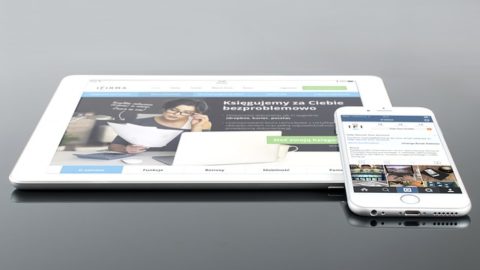Now that you’ve entered the full-time workforce, you’ll enjoy getting steady paychecks, and so will your partner the Income tax department. Becoming a employee means becoming a taxpayer, too. Taxes consume upto 30% of your earnings and hence it makes sense to plan in advance to make the most of your earnings.
1. Sign up a PAN Card
Get in touch with a tax consultant to help you out with a PAN Card. You can also make an online application by logging into https://tin.tin.nsdl.com/pan/index.html . However we suggest that you take professional help, so that he would do the follow up for you.
2. Know your Tax Rates
You’ll owe income taxes at rates that range at 0% for the first 1,10,000/- Rupees. Those limits increase to 10% and 20%, respectively, for Income ranges between 1,10,000-1,50,000 and 1,50,000-2,50,000. Thereafter tax rates are 30%. Remember taxpaying is not all a one-way traffic. There are ways to save, too.
3. Fix an appointment with a Tax Professional
Visit your tax professional and chat with him and explain your tax situation. pick an appointment . Make sure you read the tax preparation checklist before you visit him.
4. Plan your Taxes in Advance
This is something most workers””whether on their first job or 20th””fail to do. We know that because nearly 30% of taxpayers apply for tax refunds every year, proof positive that they had too much withheld from their pay. When you start a job, its most probable that you’ll be asked to fill out a Tax planning sheet. That little piece of paper controls how much income tax will be taken out of each paycheck for the Income Tax. The amount is based on how your salary and the structure of allowances and perquisites.
Take the time to discuss your salary structure carefully with your Tax professional to be sure you claim as many allowances as possible. That will bring your tax deductions to the minimum.
5. Take advantage Tax saving Investments
Based on your Income, your tax professional may suggest that you sign up for an insurance scheme or a tax shield mutual fund. Carefully plan your cash flows and sign up for a Systematic Investment Plan well in Advance
6. Enjoy Tax-free fringes
Fringe benefits often deliver double benefits. Not only does your employer foot all or part of the cost, but the value of most of these benefits comes to you tax-free.
Even when the value is included in your taxable income, you come out ahead.
Among the tax-free fringes you may be offered:
- Free Telephone
- Group term life insurance.
- Free Refreshments in the office
- Company car
- Employee discounts on your company’s goods and services.
7. Maximize Stock options
The chance to buy company stock at a discount can be a great benefit. These stocks provide a great tax saving option. Make sure you discuss the tax implications of the stock options with your Tax Professional.









/0.png)
/1.png)
/2.png)
/3.png)
/4.png)
/5.png)
/6.png)
/7.png)